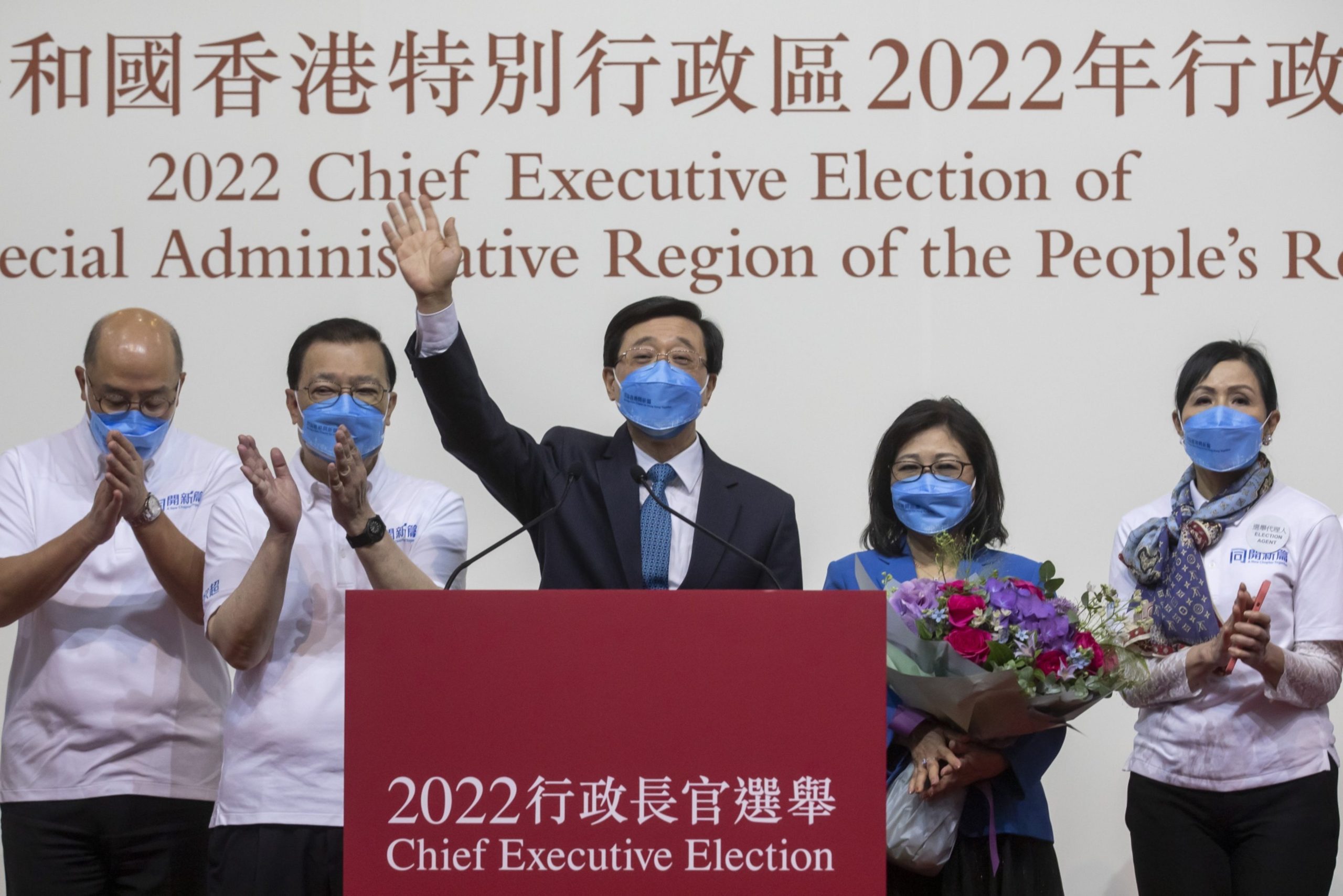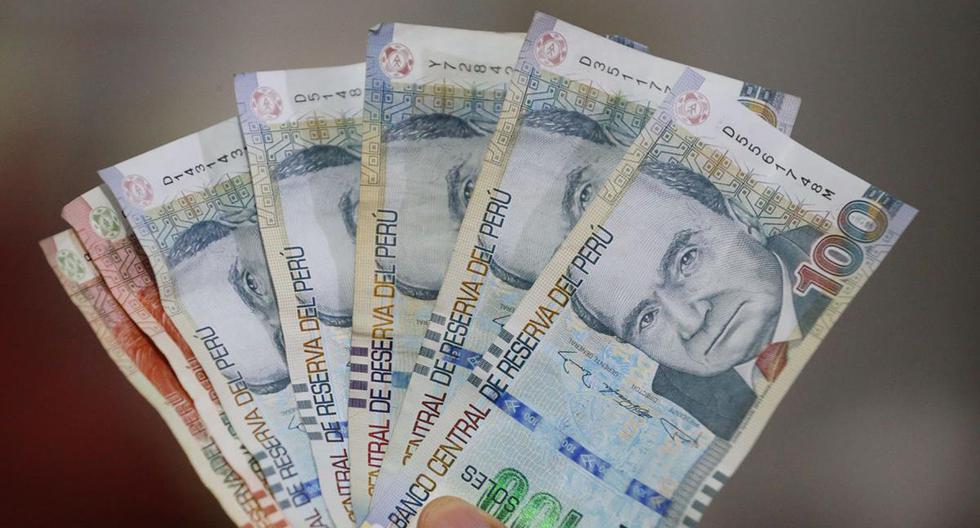(Bloomberg)—
John Lee, appointed as Hong Kong’s next chief executive in approved elections that have been criticized as unfair, has vowed to strengthen national security and accelerate the city’s integration with mainland China.
Speaking in Cantonese and English shortly after his victory was announced, the former police officer and security minister described his service to China and Hong Kong, saying his new job demands responsibility to both Beijing and the city. His administration will continue to uphold the rule of law, which is a “central pillar of good governance,” he told reporters on Sunday.
“Safeguarding our country’s sovereignty, national security and development interests, protecting Hong Kong from internal and external threats and ensuring its stability will remain of paramount importance,” he told reporters at the Hong Kong Convention and Exhibition Center. Hong Kong, site of the elections.
Lee, 64, served in the police force for more than three decades before joining the Security Ministry, epitomizing China’s focus on national security after a wave of massive and sometimes violent democratic protests in 2019. He helped acting CEO Carrie Lam crack down on demonstrations and implement a powerful national security law drafted by Beijing that resulted in the arrest of some 182 people and the closure of at least a dozen news organizations. .
Sunday’s vote was the city’s first to take place in more than two decades without at least one nominal contest. Lee was the only candidate submitted to an election committee revamped by Beijing in 2021 to amass more pro-establishment members. Changes to the system made it nearly impossible for an opposition candidate to run, while the Communist Party’s backing of Lee made his victory a fait accompli.
Of the 1,424 valid votes cast by voters, Lee won 1,416, more than the simple majority needed to confirm his appointment. Eight voters voted against him, while four ballots were declared invalid.
The voting process drew criticism from the European Union, which urged Chinese and Hong Kong authorities to honor their national and international commitments, in particular the goal of electing the chief executive and members of the legislative council by “voting”. universal”.
In a release on Sunday, the EU said it “regrets this violation of democratic principles and political pluralism and sees this selection process as a further step in the dismantling of the ‘one country, two systems’ principle.” Eight Hong Kong activist groups based in Europe they urged governments and parliaments not to recognize the vote, saying “the new leader will be nothing more than a dormant figure controlled by Beijing.”
Samuel Chu, founder and chairman of the Washington-based The Campaign for Hong Kong, said Lee is the “designated enforcer” of Beijing, “which oversaw the transformation of one of the world’s freest cities into one of the most repressed.” ».
But the Hong Kong and Macau Affairs Office of China’s State Council said on Sunday that the election represented “another successful practice” of the new system and that the city is poised for a better future.
There was barely any visible dissent in the city with public gatherings of more than four people still banned due to Covid restrictions and critical speech severely penalized under the National Security Law. Three activists from the League of Social Democrats protested in the Wanchai neighborhood before being detained a block from the polling place.
Keeping his focus on security, Lee said Article 23, which says Hong Kong will enact laws prohibiting treason and sedition, will be implemented “in due course” after consultations with a policy office and legal experts. The legislation was shelved in 2003 after it sparked mass demonstrations.
Lee, who will succeed Lam on July 1, said he will work to improve Hong Kong’s overall competitiveness and maximize its strength under the “one country, two systems” principle by proactively seeking to integrate the city’s economy with the Greater Bay Area in neighboring Guangdong province.
“We must expand our international connectivity, establish a more favorable business environment and increase our overall competitiveness,” Lee said. Housing in the world’s least affordable market and inequality are also high on their agenda, she said.
But Lee did not clearly address a question on Sunday about when the city will reopen to the outside world after being isolated since the start of the pandemic.
The financial hub is torn between Beijing’s demands for strict border controls to reopen links with the mainland and business groups demanding greater access to international travel. While the city has been easing many restrictions, other limitations, particularly on new arrivals and its quarantine requirements, remain tight. The city still lags far behind rivals like Singapore, where borders have reopened and life has largely returned to pre-pandemic standards.
Lee acknowledged that Hong Kong’s social distancing and remaining travel restrictions were creating an “inconvenience”, while acknowledging that he is “well aware of the need to make Hong Kong accessible to the world”.
“I think we can work together to make this possible” if everyone follows government advice and measures and increases vaccination rates, he said.






